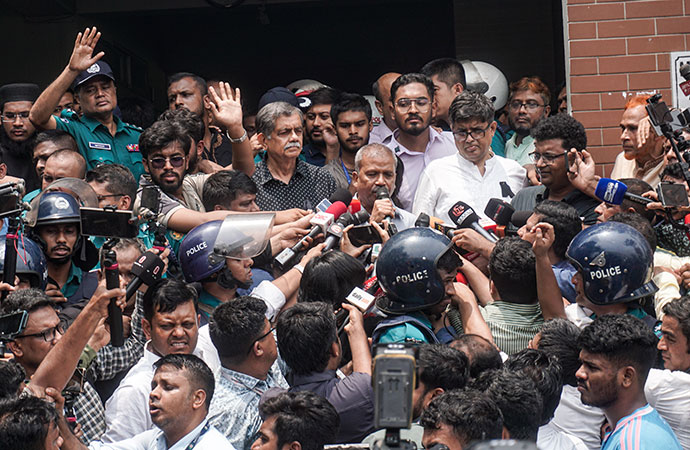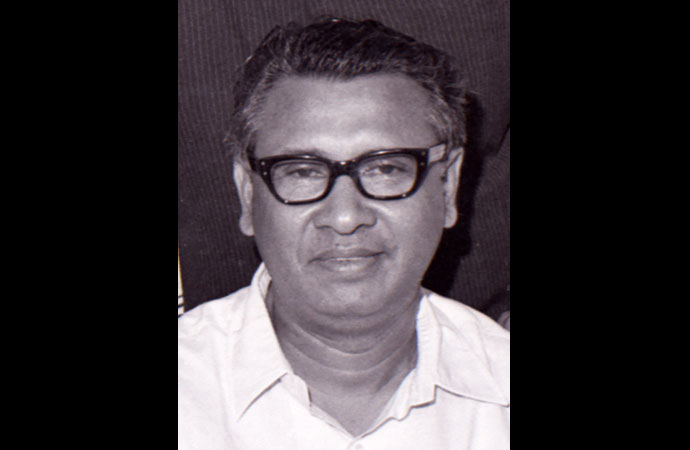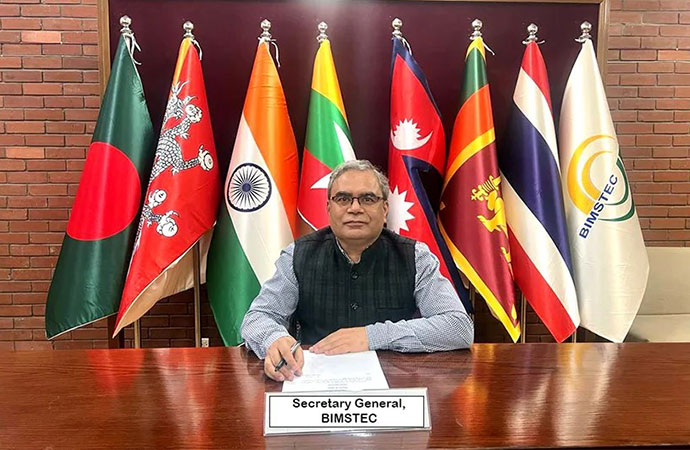Featured 1

Photo: Md. Rakibul Hasan/ UNB
As national tragedies go, the one that struck Milestone School and College on the outskirts of the capital this week, hit differently. Somehow, the pain we've felt this week was more visceral, more intense. We've tried to think of another mass casualty event in the history of independent Bangladesh, where so many of the victims were children. We can't think of one. And so in a week ravaged by unspeakable sadness, it was difficult to put much store by discussions on a future that so many beautiful little children will never get to see.
And yet the proceedings of the National Consensus Commission, which we've been following quite closely over the last month or so, have reached a vital, decisive phase, and provided they picked up from where they left off last week, it would be a dereliction of duty on our part to not do the same. And that is precisely what Dr Ali Riaz and his team did, together with the representatives of the different political parties, who must also be commended.
Through these sessions, over the last four weeks, we've come to know that Bangladesh will be converting its cherished Jatiya Sangshad, the people's house and temple of democracy, into a bicameral parliament, with two chambers instead of the present one. Depending on how it's done, this can have a potentially dramatic effect on the dynamics of parliamentary politics in the country.
We have also seen the parties reach a consensus over restoring the caretaker government to oversee national elections - only this time as a permanent fixture in the country's constitution, in light of our experience of the last three elections. Here again we await for the details to be filled in - how the chief adviser to such a government would be appointed remains a sticking point, but this week we did see the parties' positions start to converge on this vital issue.
Another significant development this week saw the parties reach an agreement, described by Dr Riaz as a "turning point", on how the country's future Election Commissions would be formed. Having lingered in the NCC dialogues for at least three weeks, this was indeed a breakthrough moment. In the end, the parties opted for a 5-member search committee, headed by the speaker of parliament, to lead the process. The committee would also include the deputy speaker (from the opposition), the prime minister, the leader of the opposition, and a judge of the Appellate Division, to be nominated by the chief justice.
The search committee will recommend one candidate for each post - all in all, five. The president will then appoint them for a five-year term. There will also be a separate law to make the Election Commission accountable to parliament. The new law would satisfy the gap in Article 118 of the current constitution, and also contain a detailed code of conduct for election commissioners. The decision to telecast the proceedings live on national television, was an important one. It means even if any one party or individual were to ever go back on what has been agreed in these sessions, the nation will know exactly who to point the finger at.

























Leave a Comment
Recent Posts
Religion and Politics: A Toxic ...
At Dhaka University, cafeteria workers have been told not to wear shor ...
Enayetullah Khan joins AsiaNet ...
AsiaNet’s annual board meeting and forum was held in Singapore, ...
In a New York minute
Many leaders back a UN call to address challenges to ..
Defaulted loans at Non-Bank Financial Institutions ( ..
How the late Zubeen Garg embodied cultural affinitie ..